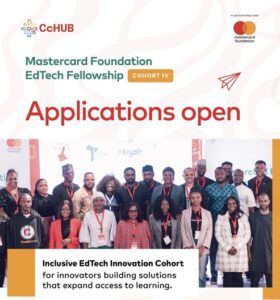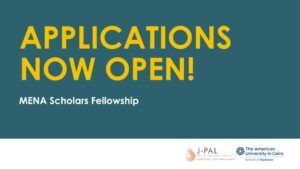The African Peacebuilding Network (APN) of the Social Science Research Council (SSRC) invites applications from senior African academics and researchers based at universities, training, and policy institutions in Africa to assemble and lead collaborative research projects intended to inform policy and practice on conflict and peacebuilding on the continent.
The Collaborative Working Group Research Fellowship is an initiative and key complement to the field-based and networking components of the APN’s programming. This fellowship responds to the need for deep collaboration and engagement of researchers and practitioners on peacebuilding challenges in Africa. It also seeks to connect research to policy, promote mentoring of junior scholars by senior colleagues, foster networking between scholars and practitioners based in at least three African countries, and to increase the likelihood of impacting policy and actions through the knowledge-production process.
Benefits
- One APN Collaborative Working Group Research Fellowship will be supported by a maximum award of $60,000 for a period of eighteen months. Members of the working group are expected to collaborate and carry out the proposed research project together, and they are therefore expected to meet several times over the project period.
- Funding should be used to support new field research, training activities, the review of relevant literature, and the production and dissemination of a range of outputs, from policy briefs and reports to best-practice models, as well as academic publications in print and electronic formats. The working group is expected to produce a book-length manuscript at the end of the project period.
Requirements
- Applicants must be scholars or practitioners based in Africa and the lead investigator must be of the rank of a full professor and based in an African university (and hold a PhD).
- The competition will be open to joint researcher-practitioner teams (of six members) made up of Africans based at or affiliated with universities; regional organizations; government agencies; or nongovernmental, media, or civil society organizations located in at least three countries on the continent.
- While the lead investigator must be a professor and have a PhD, other members of the research group may be early- and mid-career scholars, or practitioners, who are expected to hold at least a master’s degree with two or more years of work experience.
- It is expected that teams reflect diversity as much as possible, and include individuals from a range of professional, institutional, national, regional, disciplinary, gender, and generational backgrounds and experiences. The project should also leverage strong mentoring relationships between senior and junior members of the team, while encouraging both scholarly and practitioner participation as well as engagement with universities and regional practitioner/policy institutions.
- Team members, either individually or jointly, are also strongly encouraged to contribute to the APN’s publication series, digital forum Kujenga Amani, and social media platforms (Facebook and Twitter).
Documents Required for Application
- Completed Application Form
- Lead Investigator’s CV
- Research Proposal & Bibliography
- Proposed Research Timeline
- Proposed Research Budget
- List of All Team Members, including their names, affiliations, professional backgrounds, and highest degree levels attained
- Two Reference Letters
- Language evaluation(s) (if required)
Method of Application
Click Here to Apply
- The university-based lead investigator of the collaborative research working group, who must also be a full professor with a strong research background in African peace, security and development studies, should submit an application on behalf of the group through the SSRC’s Open Water Application Portal.
- All applications must be uploaded through the online portal and must be submitted in English, with the exception of reference letters, which much be accompanied by an English translation if not originally written in English.
For More Information,
Application Deadline: February 11, 2024.

